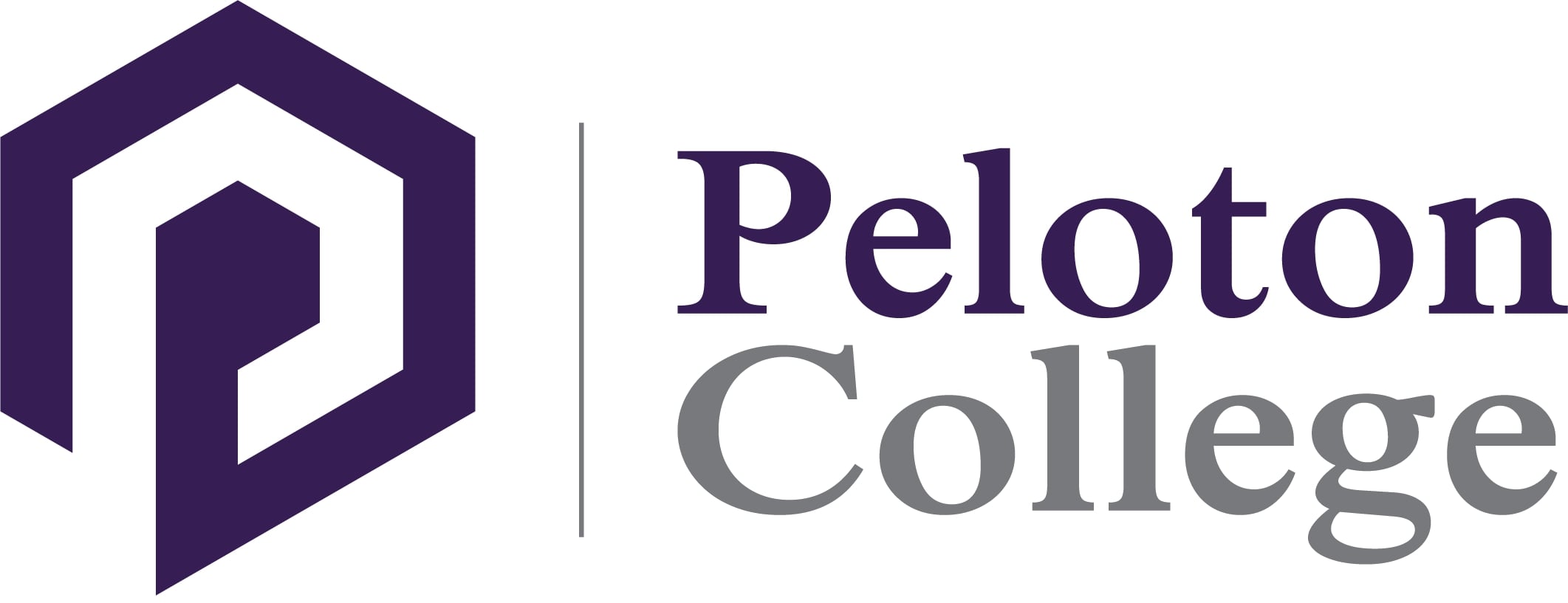What is the Difference Between a Medical Assistant and Medical Office Assistant?

Do you want to work in healthcare but not sure if you want to become a medical assistant or medical office assistant? There are many similarities and differences between the two roles, so first let’s review what a medical assistant and medical office assistant does. This will help you to decide the best career path for you.
What Does a Medical Assistant Do?
The medical assistant may be the first person the patient interacts with in a physician’s office so a good first impression is important. They are the liaison between the patient and the physician. The following are duties that the medical assistant is responsible for on a day-to-day basis:
Rooming Patients
The medical assistant will meet patients in the waiting room and walk them back to the exam room. Along the way, they will stop for a weight check. The medical assistant will also monitor the patient as they walk back to notice anything important that should be brought up during the health history review.
Review Patient’s Health
Once in the exam room, the medical assistant will ask a few questions of the patient to better understand why they are at the physician’s office and whether they have anything they are concerned about. The medical assistant will also take this time to review both the medical history and medications that the patient is currently taking. They will note anything that is important for the physician to review with the patient.
Obtaining Vital Signs
The next step in the patient meet and greet process is to obtain vital signs. The medical assistant will take the patient’s temperature, heart rate, respiration rate and blood pressure at the beginning of each appointment. It is important to capture a baseline so that subsequent appointments can identify a trend that may be of interest to the physician when they are diagnosing or treating a patient.
Preparing Exam Rooms
After the patient leaves the exam room, the medical assistant is responsible for restocking any used supplies, disinfecting the surfaces, and sterilizing any instruments that the physician used to monitor the patient’s health. New paper chair cover is draped, sharps are properly stowed in the sharps container and all surfaces are cleaned to reduce the possibility of infection.
Gathering Specimens
During an appointment, the medical assistant may be responsible for collecting specimen from the patient. Whether a blood draw, throat culture, urine or fecal sample, the medical assistant will either prepare the specimen for in-office lab review or package it up for delivery to an outside laboratory. The medical assistant is also responsible for educating the patient as to when they will learn about any results with their labs.
Performing EKGs
One of the more important duties of a medical assistant is performing electrocardiographs (EKGs) for physicians to learn more about a patient’s heart. The EKG takes a reading of the heart’s function from many sides and shows any abnormalities that the patient may be experiencing. If the EKG shows signs of issues, the physician may request additional tests.
Assisting with Procedures
The medical assistant is an extra set of hands during minor in-office procedures. From skin biopsies to stitches and sutures, the medical assistant supports the physician by handing them the proper supplies and instruments to perform minor surgical procedures in the physician’s office.
Educating Patients
One of the final duties of a medical assistant is to educate patients about proper health care in between appointments. They may also educate patients on proper wound care, medication administration or other home care that a patient may do to supplement physician care.
What Does a Medical Office Assistant Do?
The medical office assistant is an important part of the healthcare team. They allow the medical assistants, nurses and doctors see more patients while taking care of most of the clerical duties. The medical office assistant will do the following on a day-to-day basis:
Answering Phone Calls
The medical office assistant will help the medical secretary answer phones calls, take messages, and answer general questions about office hours. Any emergency calls will be routed to the physician on staff.
Managing the Schedule
The medical office assistant may be responsible for the schedule in the physician’s office to help coordinate the rooms and resources that are needed to see patients. They can set patient appointments and schedule services so that the physician is free to see additional patients.
Manage Referrals
A physician may decide to refer a patient to a specialist and the medical office assistant may manage the referrals, emailing them to the specialist and following up on results to add to the electronic health records.
Transcribing Notes
The medical assistant may be responsible for transcribing physician notes to allow the physician to see additional patients and not be burdened with entering data into the electronic health records system.
Managing Electronic Health Records
These days, most records are kept electronically using electronic health records (EHRs). This saves resources, reduces storage needs and allows everyone to access a central repository of medical records that can be accessed in a moment’s notice.
What is the Difference Between a Medical Assistant and Medical Office Assistant?
The main difference between medical assistants and medical office assistants is the balance between clinical and clerical duties. While a medical assistant may help the office staff with clerical duties on occasion, the medical office assistant’s duties are mostly clerical. The medical assistant focuses much of their time on clinical duties and assisting the physician in the exam room. Both play an important role on the healthcare team and often work in tandem to keep the physician’s office running smoothly.
What’s the Easiest Way to Become a Medical Assistant?
An easy way to become a medical assistant or medical office assistant is by attending a vocational school. Schools like Peloton College offer many benefits to those that attend. From industry experienced instructors to small class sizes that offer one-on-one attention to guide you through the healthcare curriculum. As a student attending Peloton College, you will get hands-on experience in student labs and during externships at community medical facilities. If you have 9 months to attend this full-time program, you will be well on your way to a satisfying and rewarding career as a medical assistant or medical office assistant.
Want to Learn More?
The objective of this Medical Assistant training program at Peloton College is to prepare the student for employment as an entry-level Medical Assistant performing administrative, clerical, and clinical duties within the health care field.
The mission of Peloton College is to be the premier provider of hands-on training and education by providing students and graduates with the necessary skills to secure occupational careers. Contact us today to learn more.



